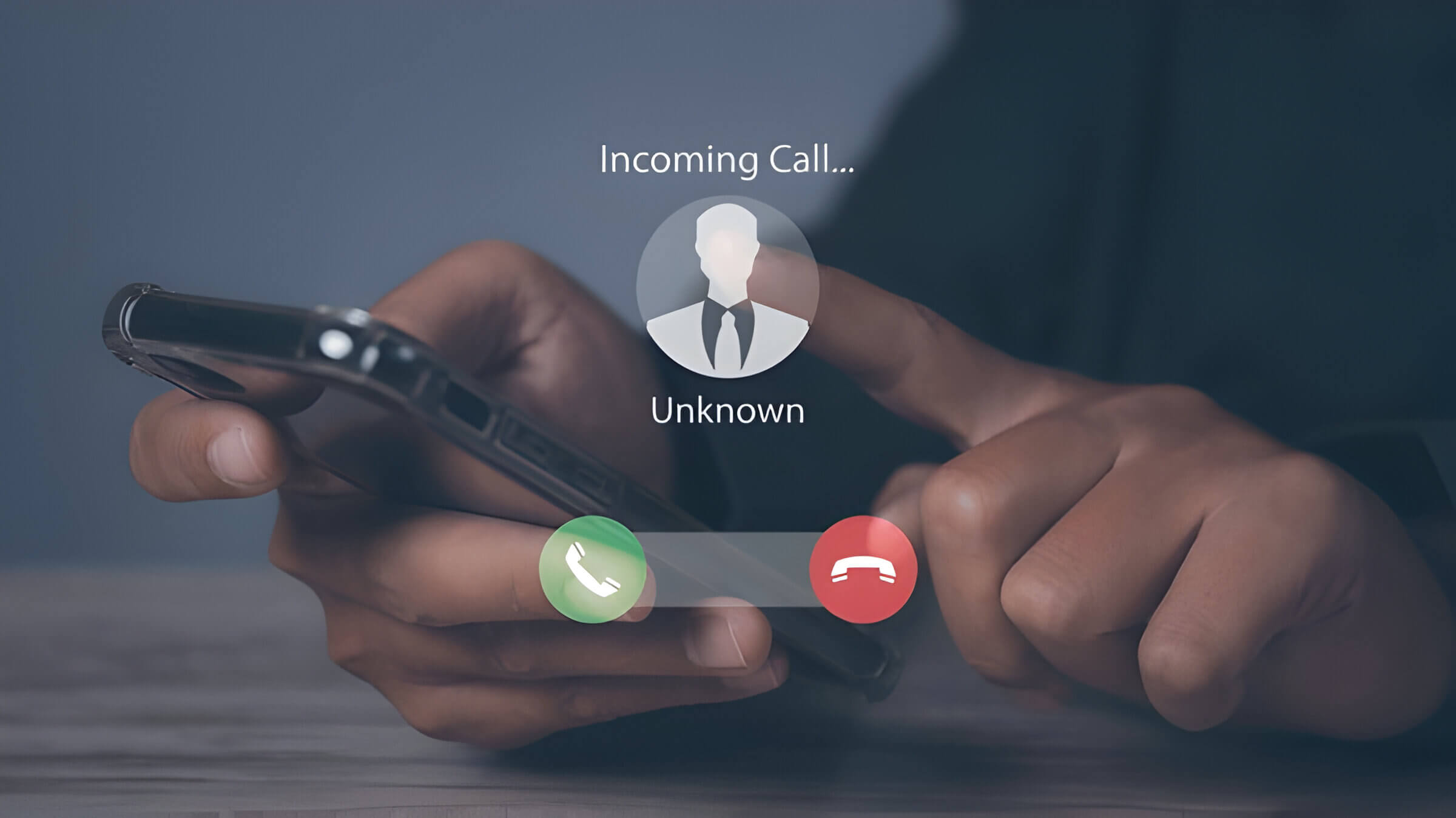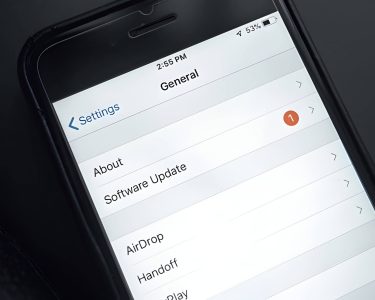We’ve all been there – staring at an unknown number on our phone screen, wondering who it might be. Whether it’s a missed call from a potential employer, a long-lost friend, or a persistent telemarketer, the mystery can be unsettling. Don’t worry; you’re not alone in this situation; there are ways to find out who owns that phone number.
Understanding the Need for Phone Number Ownership Information
Understanding the need for phone number ownership information is crucial in today’s interconnected world. There are several legitimate reasons why someone might want to find out who owns a phone number. Personal safety is a primary concern, especially when receiving calls from unknown numbers that may be associated with harassment or stalking. Identifying the owner of a number can help individuals make informed decisions about whether to answer or block certain calls.
Another important reason is avoiding scams. With the rise of phone-based fraud, being able to verify the identity behind a number can protect individuals from falling victim to malicious schemes. This information can be particularly valuable when dealing with unsolicited calls claiming to be from banks, government agencies, or other official entities.
Reconnecting with old friends or family members is another common motivation for seeking phone number ownership details. In an age where people frequently change numbers or move, having this information can help reestablish lost connections.
However, it’s essential to balance these needs with privacy concerns. While there are legitimate reasons for seeking this information, it’s crucial to respect others’ privacy and use such tools responsibly. Many services that provide phone number ownership information have safeguards in place to protect individual privacy while still offering valuable insights to users with genuine needs.
Free Methods to Identify Phone Number Owners
Identifying the owner of a phone number can be accomplished through several free methods. One of the most straightforward approaches is conducting a reverse phone lookup using online directories or specialized websites. These platforms often compile publicly available information, allowing users to input a phone number and potentially retrieve associated details.
Social media searches can also be effective. Many people link their phone numbers to their social media profiles, making it possible to find the owner by searching the number across various platforms. Additionally, employing advanced Google search techniques, such as enclosing the phone number in quotation marks or using specific search operators, can sometimes yield relevant results.
Public records are another valuable resource. Some government websites provide access to public databases that may contain phone number information. Online directories, both general and industry-specific, can also be useful in identifying businesses or professionals associated with a particular number.
While these methods can be helpful, it’s important to remember that not all searches will yield results, especially for unlisted numbers or those belonging to individuals who prioritize privacy. Always respect privacy laws and use this information responsibly.
Paid Services for More Comprehensive Results
When free methods fall short, paid services can offer more comprehensive results for those seeking to identify a phone number’s owner. Background check services and professional investigative tools provide access to extensive databases that compile information from various public and private sources. These subscription-based platforms often include detailed reports on individuals, including their contact information, address history, and even criminal records.
People search engines are another valuable resource, allowing users to input a phone number and receive a wealth of associated data. These services typically offer tiered pricing options, from basic searches to in-depth background checks. While they may require a fee, the depth and accuracy of information provided can be significantly more reliable than free alternatives.
It’s important to note that while these paid services can be highly effective, users should always verify the legitimacy of the service provider and ensure they comply with relevant privacy laws and regulations. Additionally, consider the ethical implications of conducting such searches and use the information responsibly.
Legal Considerations and Ethical Guidelines

When seeking to identify the owner of a phone number, it’s crucial to be aware of the legal and ethical implications involved. Privacy laws vary by jurisdiction, but generally protect individuals’ personal information, including phone numbers. Before attempting to uncover ownership details, familiarize yourself with local and national regulations regarding data privacy and telecommunications.
Consent is a key factor in many jurisdictions. Obtaining explicit permission from the number’s owner before accessing or using their information is often required. This helps ensure compliance with legal standards and respects individual privacy rights.
Even when information is legally obtainable, consider the ethical implications of your actions. Ask yourself if your reasons for seeking this information are justified and if your intended use of the data is appropriate. Respecting personal boundaries is essential, and it’s important to avoid any actions that could be perceived as harassment or stalking.
Remember that misuse of personal information can lead to legal consequences and damage to your reputation. Always prioritize ethical considerations and use any obtained information responsibly. If in doubt, consult with a legal professional to ensure your actions align with current laws and regulations.
When to Seek Professional Help
When attempting to find out who owns a phone number, there are instances where seeking professional help becomes necessary. Licensed private investigators possess specialized tools and databases that can uncover information not readily available to the public. They can be particularly useful in complex cases or when legal documentation of findings is required.
In situations involving potential stalking or harassment, it’s crucial to involve law enforcement. They have the authority to investigate suspicious activities and can provide guidance on legal options. Additionally, if you’re dealing with repeated unwanted contact or threats, consulting with a lawyer specializing in harassment cases can offer valuable legal assistance and protection.
Remember, while curiosity about an unknown number is natural, it’s essential to respect privacy laws and ethical boundaries. If your concerns stem from safety issues or legal matters, don’t hesitate to reach out to professionals who can provide appropriate guidance and support.
Protecting Your Own Phone Number Privacy
Protecting your phone number privacy is crucial in today’s digital age. While there are methods to find out who owns a phone number, you can take proactive steps to safeguard your own information. Start by keeping your number unlisted, which prevents it from appearing in public directories. Utilize caller ID blocking features on your phone to conceal your number when making outgoing calls. Consider using virtual phone numbers for online registrations and non-essential communications, keeping your primary number private.
Adjust privacy settings on social media platforms to restrict access to your contact information. Be cautious about sharing your phone number online, including in public forums or on websites. When possible, use alternative contact methods, such as email or messaging apps, instead of providing your phone number.
Regularly review your online presence and remove any instances where your phone number is publicly visible. By implementing these measures, you can significantly reduce the chances of your phone number being easily accessible to others, maintaining your privacy and security in an increasingly connected world.






